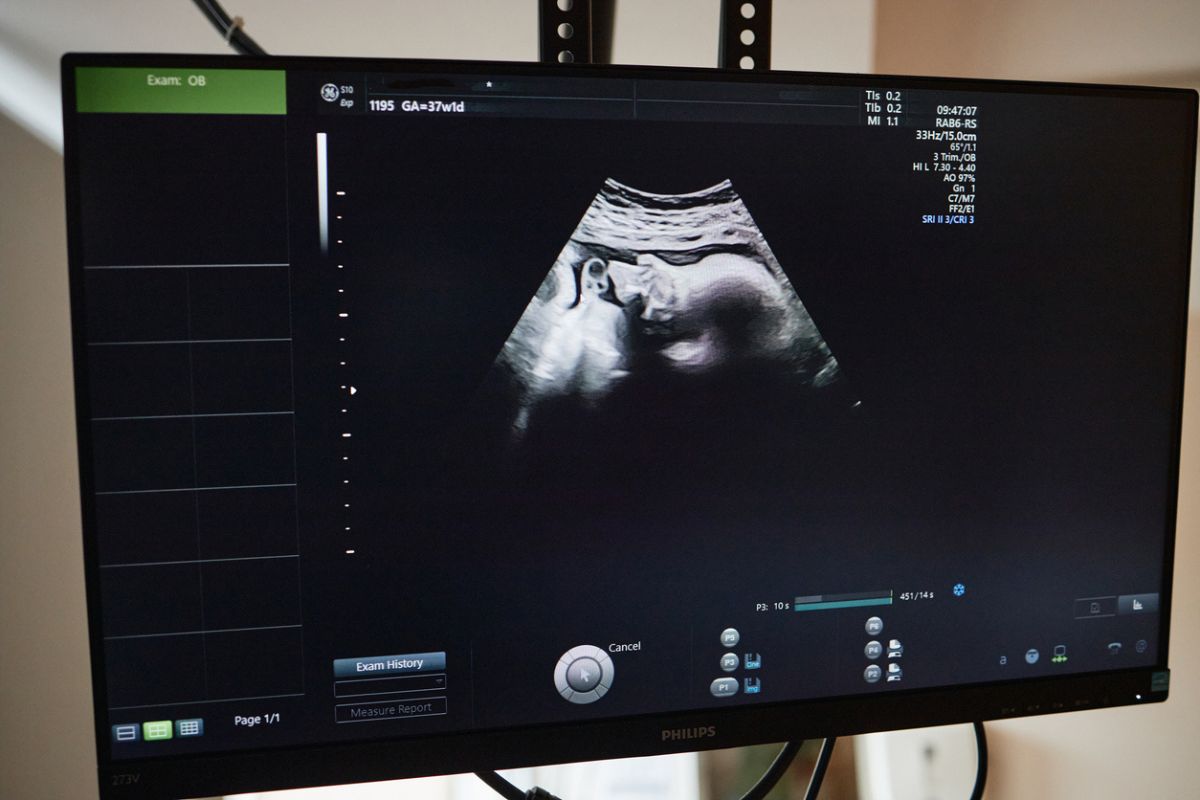Have you ever been uncertain about how to assess an altered mental status in children and adolescents? Or unsure about how delirium can present in pediatric patients? What if you miss a life-threatening cause of an altered mental status in younger patients?
A recent case study published in The Primary Care Companion for CNS Disorders helped answer these questions and offered sound clinical advice for preventing and treating delirium in younger patients.
Here’s the scenario: an 8-year-old boy had an asthma attack after a viral infection and his pediatrician sent him to the emergency department where he was given medicine to help him breathe. However, he got worse and was ultimately admitted and placed on a ventilator. After two days he was taken off the ventilator and given anti-anxiety medication to address trouble sleeping and because, according to his parents, the boy was not acting like his usual self.
Focus on Childhood Mental Health
Initiation of Pharmacotherapy Following CBT in Anxious Youth
Mother’s and Father’s Serious Mental Illness and Risk of Child Injury
The anxiety meds made the boy confused and gave him nightmares, so the team discontinued them and switched him to a new medication. He got better quickly and was released. When he went for a check-up with his primary physician, he still reported having bad dreams. His pediatrician suggested trauma-focused therapy to help him manage what he determined to be symptoms of anxiety and, possibly, PTSD.
As the authors of this paper concluded, delirium is a common though frequently overlooked complication in children who are admitted to the hospital. Underlying medical problems, disruption of sleep-wake cycles, and use of medications can all contribute to worsening symptoms.
Delirium develops in about 25 percent of the children who are admitted to a PICU, and surges to 38 percent when a stay lasts longer than six days. If there are frequent shift and staff changes, it’s an easy thing to miss, the authors stressed. Delirium in children and adolescents has been linked with a higher mortality rate, worse outcomes, and associated with hospital stays up to twice as long, as well as more time on mechanical ventilation. The diagnosis also translates into hospitalization costs that soar up to 85 percent higher than average.
The young patient in this case benefited from typical management strategies for delirium. His doctors took the parent’s concerns about his changed behavior seriously and adjusted his medications accordingly. Most importantly, his care team continued to monitor him after discharge to address any long-term effects from a prolonged PICU stay.
For an even deeper dive into this topic, check out the original paper.



